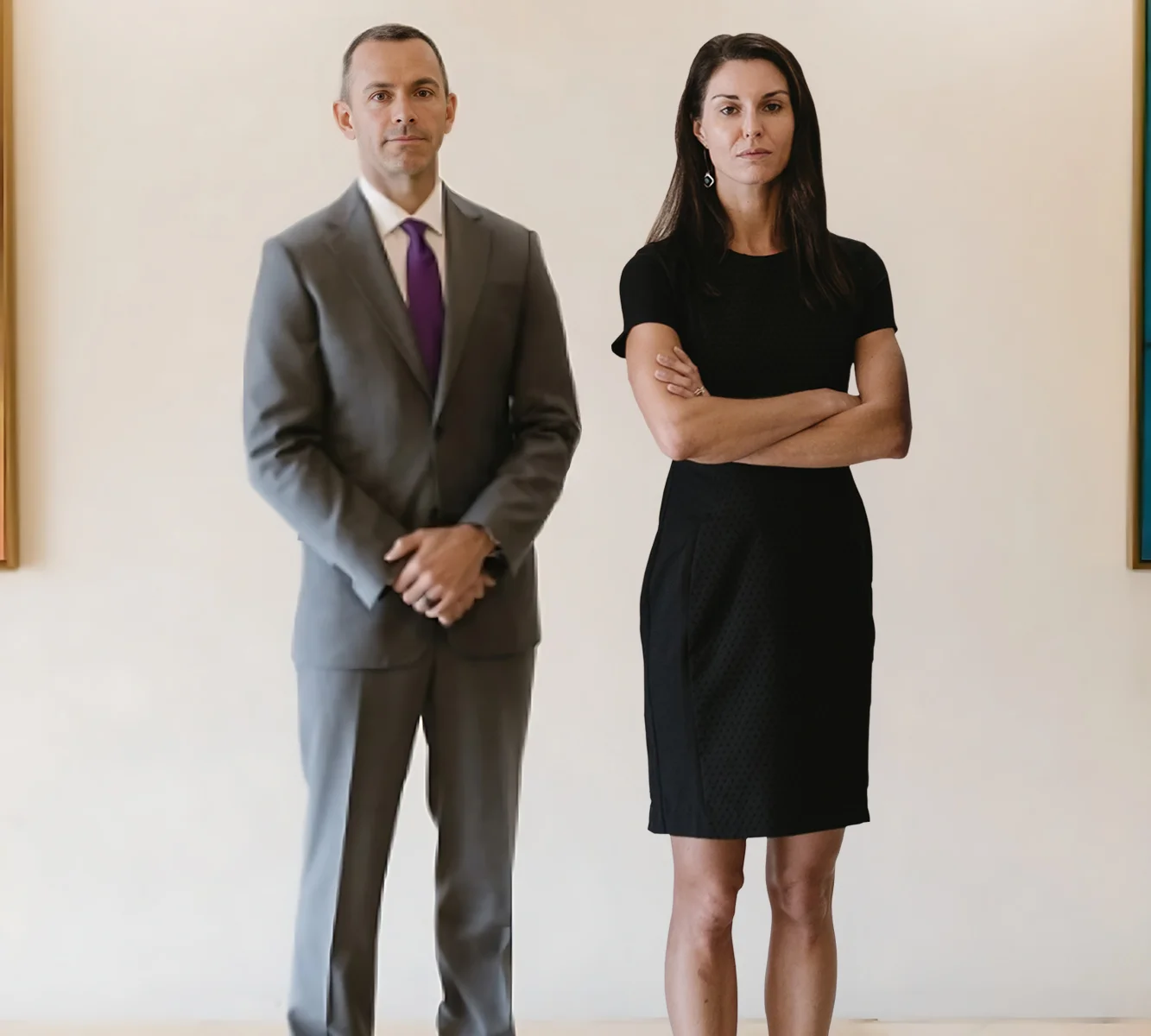The Heavy Price of Florida Truck Accidents
A spate of serious and fatal Florida truck accidents has drawn attention to the fact that such collisions are on the rise – here and across the country, prompting safety officials and trucking carriers to weigh possible solutions. State and federal crash data show that large semi-trucks are a substantial part of the reason…




